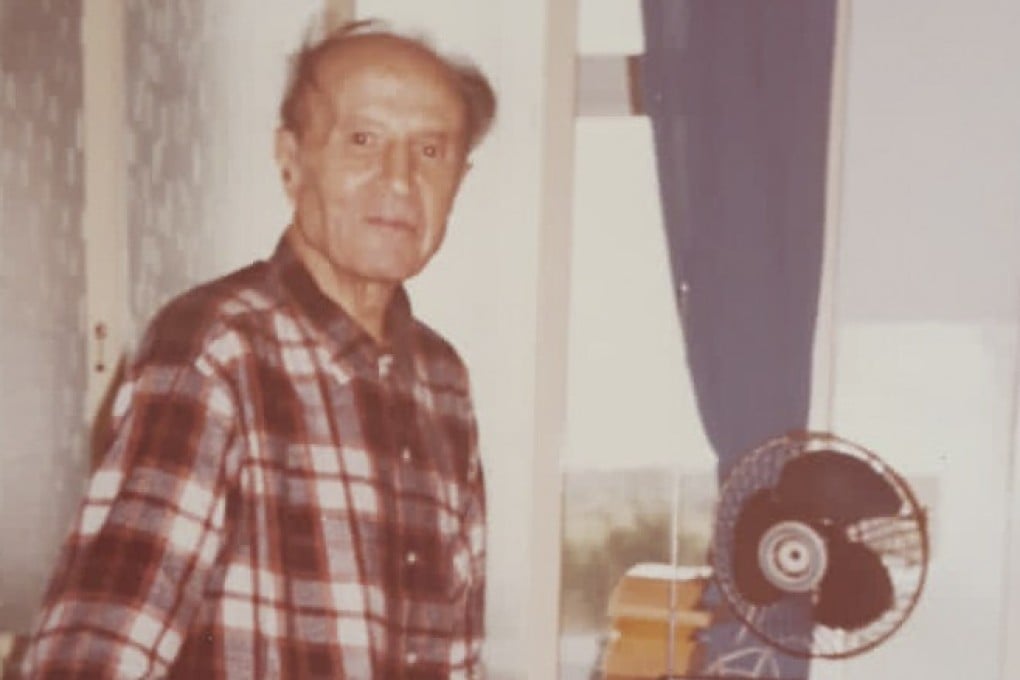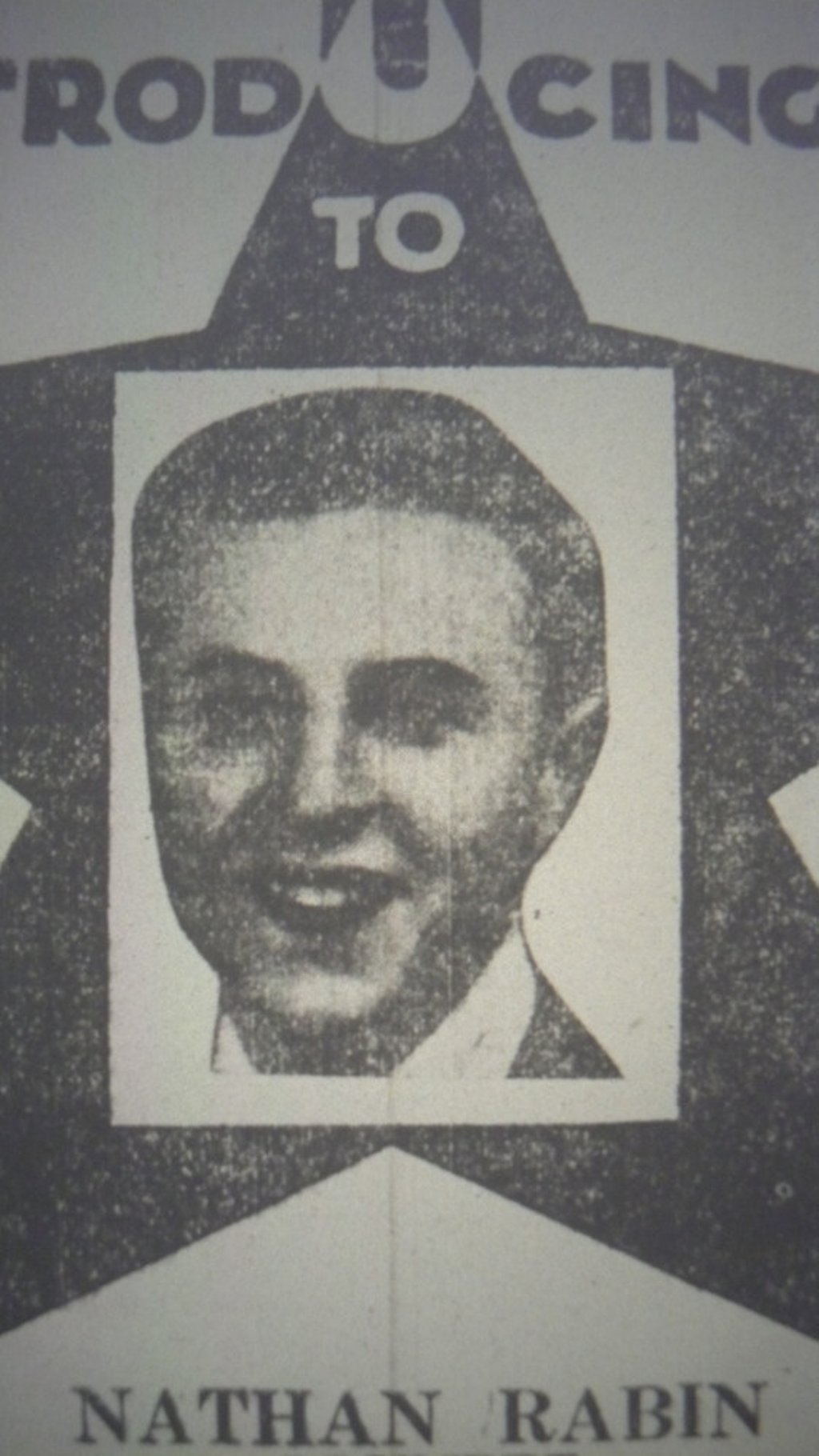He said he knew Al Capone: Jewish spy for the Japanese in Shanghai who died a quiet death in Taipei
- Nathan Rabinovitch died in Taipei in 1985 in relative anonymity – but in his heyday he was known as ‘one of the most notorious Japanese gang members in Shanghai’

At a board meeting of the newly formed Taiwan Jewish Community in 1981, then-president Yaacov Liberman brought a matter to the table: a friend from his days back in Shanghai was down on his luck. He was in his mid-70s, didn’t have much money and his health was deteriorating. He needed meals and a safe place to stay.
His name was Nathan Rabinovitch, alias Rabin, but sometimes he just used the name “Nat”. The community was able to house Rabin and give him meals at the Jewish centre in Taipei for a few days before finding him a room with the Little Sisters of the Poor, a Catholic elderly care home outside Taipei.
Members of the Jewish community visited him each week to keep him company until he died, in 1985. Rabin became the only Jew known to have been buried in Taiwan, one of the few Jews known to have come to Taiwan from mainland China in 1949, and one of the first Jews to have lived on the island.

He was in Taiwan alone, no wife and children, no family. Even the few researchers who have stumbled across Rabin in their work have been left scratching their heads trying to figure out who he really was and how he ended up on the island.
Little did his caretakers know that Rabin had been a “killer when drunk” and “one of the most notorious Japanese gang members in Shanghai”, who engaged in extortion and blackmail, among other crimes, according to Bernard Wasserstein’s Secret War in Shanghai (1998). He was described by the Shanghai Municipal Police as “wholly unscrupulous”, a “real strong-arm man”.
